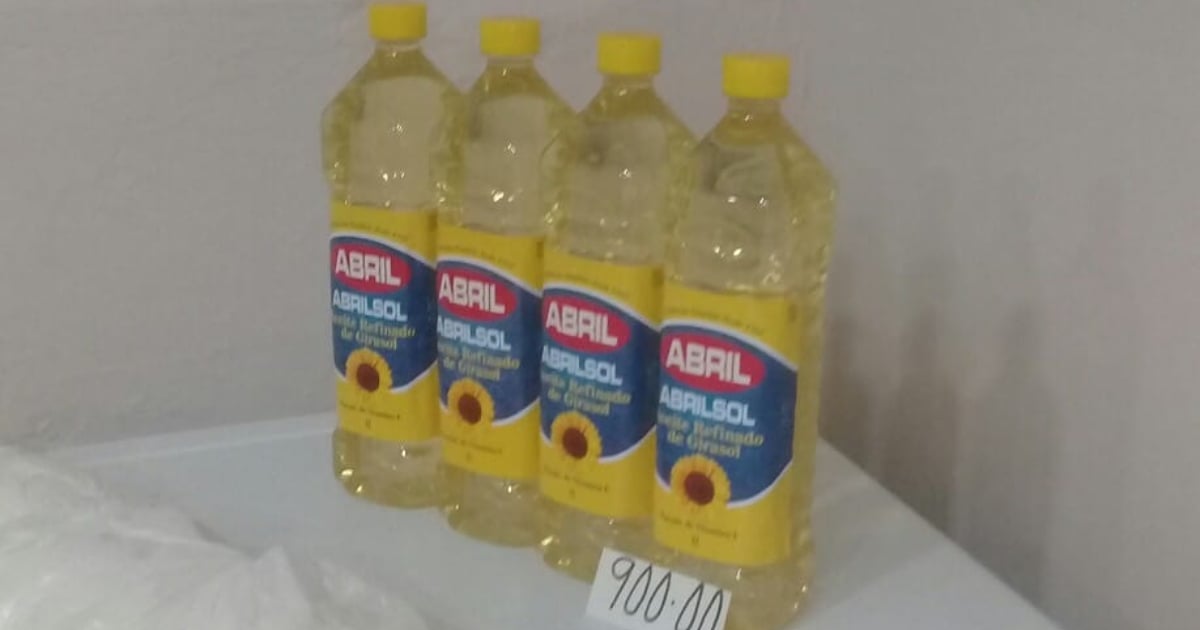Just a day before a measure aimed at easing the financial burden on its citizens was set to take effect, the Cuban government reversed its decision to cap the retail prices of several products sold by the private sector.
The initiative, which was supposed to come into force on July 1, aimed to limit the maximum costs for chicken cuts, cooking oil, powdered milk, sausages, pasta, and laundry detergent.
On the social media platform Facebook, various state entities announced the decision, claiming it was the result of discussions between government representatives and non-state management forms, while also noting that dialogues would continue.
"Analyses and exchanges with the FGNE (non-state management forms) will continue until prices are agreed upon," stated a post by the Pinar del Río Inspection Directorate on the same social network. It added that "municipalities that published the new prices based on these analyses will no longer apply these prices."
This reversal only underscores the Cuban regime's missteps. Initially, not only did they announce the price list, but they also laid out penalties for violations: fines of up to 8,000 CUP and even the revocation of relevant licenses.
In a meeting between the Minister of Finance, Lourdes Rodríguez, representatives of SMEs, and the Directorate General of Importation of the Ministry of Foreign Trade, the government's proposal was met with controversy. Private sector representatives face daily challenges such as currency fluctuations, fiscal pressure, and fuel shortages, all adding to the instability of international prices.
According to Cuban economist Pedro Monreal, the measure was flawed from the start, as price caps in Cuba have historically failed to achieve the desired effect. "Price containment established in official documents ends up becoming 'repressed' inflation, accompanied by shortages and black market prices," he noted on the social network X.
Initially conceived as a mechanism to supposedly curb the rate of price growth, the revoked measure leaves a bitter taste of defeat for a population grappling with inflation and limited purchasing power for basic goods.
Understanding the Cuban Government's Price Cap Reversal
Here are some frequently asked questions to help understand the Cuban government's decision to reverse the price cap on essential goods and its implications for the private sector.
Why did the Cuban government reverse the price cap decision?
The government cited ongoing analyses and exchanges with non-state management forms (FGNE), indicating that further discussions are needed to finalize the prices.
What products were initially included in the price cap?
The price cap was set to include chicken cuts, cooking oil, powdered milk, sausages, pasta, and laundry detergent.
What are the potential consequences of this reversal?
The reversal could lead to continued inflation, shortages, and higher black market prices, exacerbating the financial strain on Cuban citizens.
How has the private sector reacted to the price cap measure?
The private sector, including SMEs, has expressed concerns over the measure, citing challenges such as currency fluctuations, fiscal pressure, and fuel shortages.
